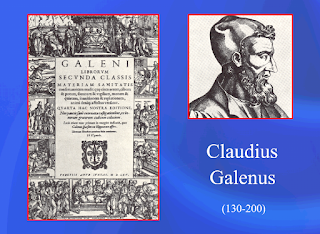Otology and Neurotology - Past, Present and Future - II

Part II During the 48th Brazilian Congress of Otorhinolaryngology there was a presentation named The Future of Otolaryngology. I decided to include in my list of blogs this slightly expanded version of my presentation. Some of the names mentioned here have been presented in other pages of this blog. Ádám Politzer Politzer is celebrated as a pioneer of modern otology in the History of Medicine. For many years he was the Professor of Otolaryngology of the University of Vienna and attracted many physicians from different countries, influencing and training thousands of otologists from all over the world. He invented many medical instruments for the diagnosis and treatment of ear diseases. He created the ventilation tubes for the aeration of the middle ear after paracentesis and created the otoscope. He made the first observation that the middle ear ossicles vibrate to sound stimuli. Wladimir Michailowitsch Bechterew An important Russian neurophysiologist, creator of
